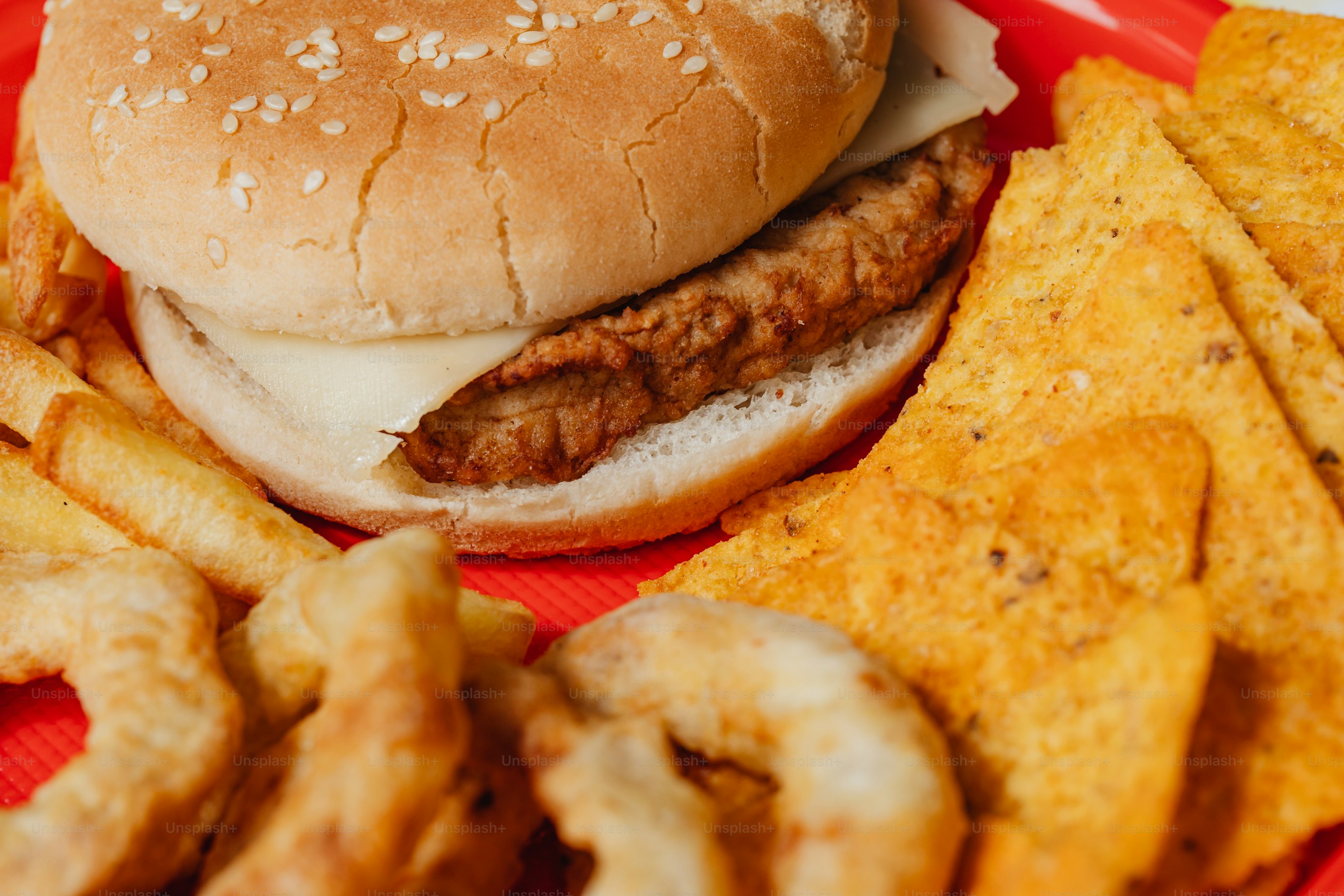Modern diets are often filled with convenience foods that are quick to prepare but offer little in terms of nutritional value. These foods, known as ultra-processed foods, have become increasingly prevalent in our diets, raising concerns among nutritionists and health experts. In this blog post, we'll delve into the science behind ultra-processed foods and understand why they might not be the best choice for our health.
What Are Ultra-Processed Foods?
Ultra-processed foods are products that undergo multiple processing steps and typically contain a long list of additives, preservatives, and artificial ingredients. These foods are often high in calories, sugars, unhealthy fats, and sodium while lacking essential nutrients like fiber, vitamins, and minerals.
Common examples of ultra-processed foods include sugary cereals, soft drinks, fast-food burgers, frozen pizzas, and various snacks like chips and candy. They are designed to be convenient, have a long shelf life, and typically come in colorful packaging to appeal to consumers.
The Science Behind Ultra-Processed Foods
Several scientific studies have shed light on the negative impact of ultra-processed foods on our health:
1. Poor Nutrient Profile
Ultra-processed foods are often nutritionally poor. They lack essential vitamins, minerals, and dietary fiber that are crucial for maintaining good health. Consuming these foods regularly can lead to nutrient deficiencies.
2. Weight Gain and Obesity
Studies have linked the consumption of ultra-processed foods to weight gain and obesity. These foods tend to be high in calories and are easy to overconsume, contributing to an increase in body weight.
3. Increased Risk of Chronic Diseases
The excessive consumption of ultra-processed foods has been associated with an increased risk of chronic diseases such as heart disease, type 2 diabetes, and certain types of cancer. The high levels of added sugars, unhealthy fats, and sodium in these foods can have detrimental effects on our health.
4. Disruption of Appetite Regulation
Ultra-processed foods can disrupt the body's natural appetite regulation mechanisms. They often contain additives and flavor enhancers that make them highly palatable, leading to overeating and unhealthy eating habits.
Conclusion
While the convenience of ultra-processed foods may be tempting, it's essential to consider the long-term impact on your health. A diet rich in whole, unprocessed foods like fruits, vegetables, lean proteins, and whole grains is associated with better health outcomes. By understanding the science behind ultra-processed foods, you can make informed choices and prioritize your well-being.





